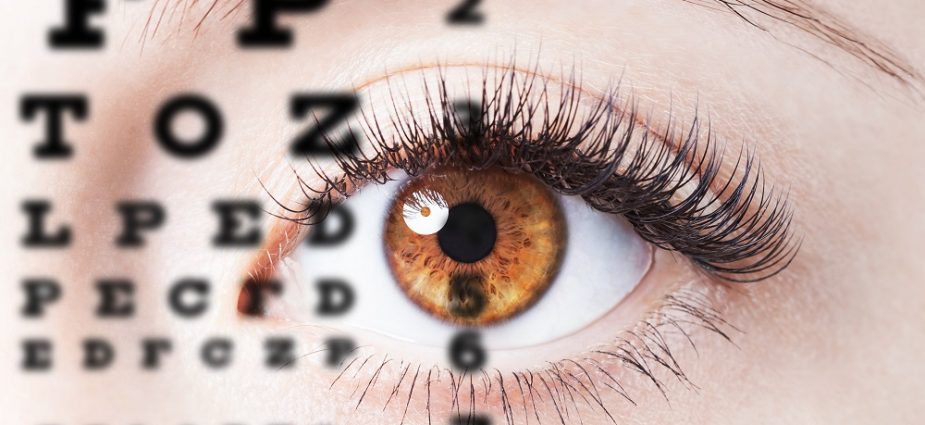Health
FG Urges Use of Digital Tools to Stop Fake Eye Care Practices in Nigeria

The Federal Government has called on the Optometrists and Dispensing Opticians Registration Board of Nigeria to use digital technologies to monitor and regulate the eye care sector. The move is aimed at stopping unqualified individuals from operating as eye care providers across the country.
Minister of State for Health and Social Welfare, Dr Iziaq Adekunle Salako, made the call during the Eyeball Summit held in Abuja. The event was themed “Shaping the Future of Eye Care in Nigeria: Strengthening Systems through Strategic Alliances.” He stressed the importance of partnerships between government agencies, professional bodies, NGOs, and the private sector to improve the delivery of eye health services in Nigeria.
Dr Salako said that eye health is not just a health matter but also a matter of human dignity and progress. He emphasized that all Nigerians, no matter their location or financial status, deserve access to proper eye care. He called for increased awareness about regular eye checkups, improved infrastructure, trained personnel, and updated knowledge for eye care workers.
He noted that Nigeria is facing a growing burden of visual impairment and an increased demand for eye care services. He warned that the issue cannot be handled in isolation and requires a coordinated and integrated approach.
As part of the 2025 federal budget, the Ministry of Health and Social Welfare will implement the Renewed Hope Health Connect, a fully subsidised health program targeting vulnerable communities. The program will offer free eye health services such as vision screening, provision of prescription glasses under the JIGI BOLA 2.0 initiative, cataract surgeries, and treatment of other eye-related conditions.
The Registrar of the Optometrists and Dispensing Opticians Registration Board of Nigeria, Dr Obinna Awiaka, said professionals in the eye care sector must stay current with technological changes and rising patient needs. He encouraged innovation while maintaining ethical and professional standards.
He added that the summit serves as an important space for sharing research, discussing new trends, and creating strategic partnerships. Participants included professionals from academia, clinical practice, industry, government, and community organisations.
Nigeria continues to face challenges in the eye care sector including a shortage of trained optometrists, poor public awareness, and limited access in rural areas. According to the World Health Organization, over 1 million Nigerians are blind and more than 4 million suffer from visual impairment, with most cases being preventable.
Experts believe that digital technologies can play a vital role in solving these challenges. Tools such as mobile screening apps, digital registries, AI diagnostics, and telemedicine could improve access and service quality.
The government’s 2025 plan offers hope for millions of Nigerians, but its success will depend on proper funding, strict regulation, public education, and continued training for eye care professionals.








